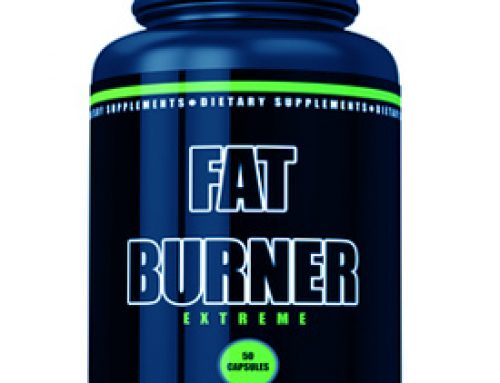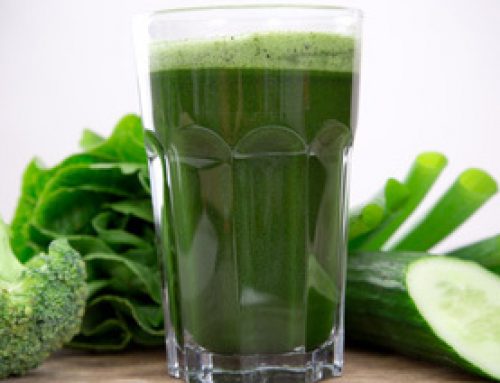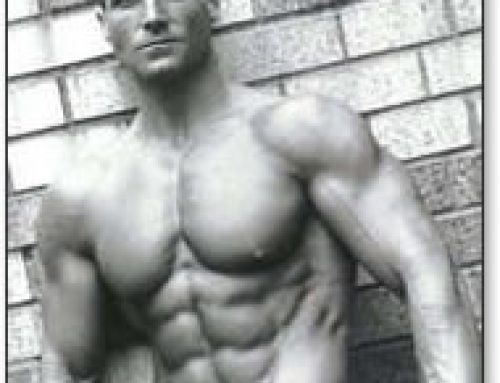Dear Tom: I need to drop some pounds, but I really hate exercise. Will a programlike your BURN THE FAT, FEED THE MUSCLE be suitable for me? I’ve beenreading a lot of your articles and I admire your honesty, so please tellme the truth.
Mike R.,
Rhode Island,
USA
Truth? In a word, the short answer would be “no”, the BURN THE FATprogram would not be suitable if you “really hate exercise.” I don’t sugarcoat or modify my recommendations to what people want to hear. My mission isto teach people what they need to hear… and what people need to hear is thatexercise is the answer, not “diets.”
However, let me qualify that answer and explain why BURN THE FAT, FEED THE MUSCLEwould be a good choice for you anyway, and why exercise is superior to diet forpermanent fat loss.
The entire premise behind BURN THE FAT, FEED THE MUSCLE is that conventionaldiets don’t work because your body is an adaptive mechanism that simply decreasesmetabolism and energy expenditure as a response to eating less, and that it’smore physiologically and hormonally correct to eat more and BURN THE FAT thanit is to eat less and starve the fat.
There’s only ONE WAY to lose fat – and that is to create a calorie deficit.However, there are two ways to create a calorie deficit – one is to decreaseyour food intake so you are eating less than you burn, the other is to increaseyour exercise and activity so you are burning more than you eat.
Of the two ways to create a calorie deficit, burning the fat is far superiorto starving it. You see, cutting calories too much causes weight loss at first,but it also causes muscle loss and it eventually leads to a decrease in metabolism,so the fat loss stops.
This is very common on conventional diets, right? You take off pounds in thebeginning, but then you hit a plateau that you just can’t break through. Evendiets that have been proven effective over 6 months or 12 months, have dismaltrack records after one year.
Eating more of the right foods (up to a certain point) actually increases yourmetabolic “heat” like putting wood on a fire. Food is energy; food is fuel,and it produces (metabolic) heat.
Exercise burns calories and creates a calorie deficit, but the real advantageof exercise over diet is that exercise increases your metabolism, dietingslows it down.
So if you eat more (healthy foods) and exercise more, you get a double increasein metabolism. If you eat less and exercise less you get a double decrease inmetabolism. Does this make sense?
I have been preaching this concept for years, “Burn The Fat, Don’t Starve the Fat.”Or, stated differently, “eat more, exercise more.”
Some people criticized me and said it was overtraining. Other people saidit’s better to just use diet and not bother with the exercise. And of course,the marketing mavens just kept cranking out the same old B.S. – get musclesin minutes, get leaner with less, yadda, yadda, yadda.
Well now it’s 2006 and we have some research and some PhD exercise scientistsstarting to talk about this concept called, “energy flux.” Energy flux is simplyconsuming more energy and burning more energy in order to stoke metabolism,increase rate of tissue turnover and improve body composition.
Different name, same concept: eat more, exercise more.
I told you so.
So, if you hate exercise, you have a conundrum.
You can certainly lose body fat with diet alone, as long as you have a caloriedeficit, but you’re stacking the odds against you because ultimately, restrictivelow calorie diets always cause metabolic slowdown. No matter how hard you try,you’ll almost always hit a plateau before you reach your long term goal andyou’re likely to gain it all back!
My solution to your conundrum:
I’d suggest you re-examine your definition of “exercise.” Fitness means differentthings to different people. Sitting on a bicycle in a health club might not be yourcup of tea, but if you think hard enough, I’m sure that you can come up with sometype of physical activity that burns calories which you can enjoy.
The IDEAL exercise program for fat loss has a combination of cardiovascular(aerobic) training and strength training. But ultimately, you’re not likelyto stick with exercise long term unless you choose activities you enjoy -so pick something you enjoy, even if it doesn’t follow the guidelines of”traditional” fat loss programs. It’s better to do something than nothing,and all exercise counts.
All physical activity has health benefits too, and while it takes someeffort to reach the level of exercise necessary to transform your body shape,it doesn’t take much exercise at all to get health benefits, and that is aproven fact. Like I said, any exercise is better than no exercise.
Some people may have orthopedic problems which limit the type of exercisethey can do. But nearly everyone can walk. So if you can walk, then walk.
Almost everyone can do some type of strength training. Instead of focusingon what you can’t do or what you don’t like to do, direct your attention towhat you CAN do and what you would like to do.
Maybe you don’t like being couped up inside all the time. Maybe you’d preferhiking or jogging outside. Or maybe boxing or martial arts sounds fun to you.Maybe you like basketball or tennis. Maybe you’d enjoy classes, or yoga orpilates. Your options are nearly unlimited, but you have to do something oryour body will continue to deteriorate.
The human body does not stay the same or “maintain” when you don’t move itand utilize energy. The body falls apart from disuse. Anti aging researcherstoday are even admitting that genetics is only responsible for 30% of theeffects of aging and that aging would be better described as the “disusesyndrome.” Yup… Use it or lose it.
The biggest factor that causes people to go downhill as they get olderis the loss of muscle that occurs over time from inactivity, a processcalled “sarcopenia.” However, that muscle loss is 100% preventable withstrength training.
Human beings were meant to move.
Bodies don’t lose their function by being used too much and “wearing out”, theylose their function by not being used enough and “rusting out.”
So if the POSITIVE benefits of exercise don’t motivate you enough, then justpicture yourself 10, 20 years from now and imagine what will NEGATIVE thingswill happen to you if you DON’T start exercising now. That’s called “dual-directionmotivational propulsion”!
One last tip: Be careful what you say to yourself over and over becausethat tends to program your subconscious mind and create your self image.If you’ve been repeating to yourself for years, “I hate exercise” or “I’mnot an exercise person”, that eventually becomes a part of your identity.You always tend to behave in alignment with your identity and your self imagein order to stay “true to yourself.”
If you’ve never exercised consistently before, then HOW DO YOU KNOW you’re notan exercise person? Did you “try” once briefly and quit? Maybe you’ll like it.It’s often hard in the beginning and sometimes doesn’t feel so good – especiallyif you haven’t worked out in years or you’ve let yourself slip physically. But itgets easier and starts feeling better the more you do it.
Maybe when you look in the mirror after just a few weeks of it and see yourbody start to change, you’ll begin to like it a LOT. It can get addictive, youknow. The endorphins that are released when you exercise are like opiates.Ever hear of “runners HIGH?” Exercise can be fun and FEEL GOOD.
BURN THE FAT, FEED THE MUSCLE lays it all out for you and will help you getstarted. The exercise recommendations are explained in detail in chapters16 and 17, including sample workouts. But even if you don’t use my exerciseprograms and you use your own, you’ll find value in the e-book becauseof the nutrition information.
BURN THE FAT is the most detailed, “one-stop” guide to fat burningnutrition you’ll ever find. That’s why so many people call it “the fatloss bible.”
Search the net for yourself and see what other people are saying. Or just go straight to my site at www.BurnTheFat.com to get the details. To read the answers to more questions like this one, click on Frequently Asked Questions (FAQs)
Tom Venuto, NSCA-CPT, CSCS
Fat Loss Coach
www.BurnTheFat.com





Hey Tom,I know this is an old post (I went archive-hunting) but it targets exactly what I wanted to ask you, “how do we lose weight if our metabolisms are adaptative?” now that I know exercise is key, I have another question–how little is “too little” concerning calorie-consumption?3 weeks ago I revamped my daily diet to tally 1,200 calories a day. For the first 3 days, I was ravenous, but my metabolism quickly adapted and now 1,200 (sometimes even 100 or 200 calories below) is more than enough, I’m always full if I eat at my designated mealtimes. My question is, even though I’m full and I work out 5 days a week, is this calorie deficit still too “restricted”? I don’t always make it up to 1,200, and if I get hungry I’ll definitely eat, but is this destroying my metabolism anyway? Do I need to bump my total up to 1,300?I’m 16 years old and female, if that information helps. I know you get an influx of emails daily, but I’d appreciate it so much if you could find the time. If not, thank you anyway, your articles have been a constant source of support and knowledge for me, you cover EVERYTHING I’ve ever had questions on, even those things I didn’t know I had questions on. Thank you entirely!-Miaya